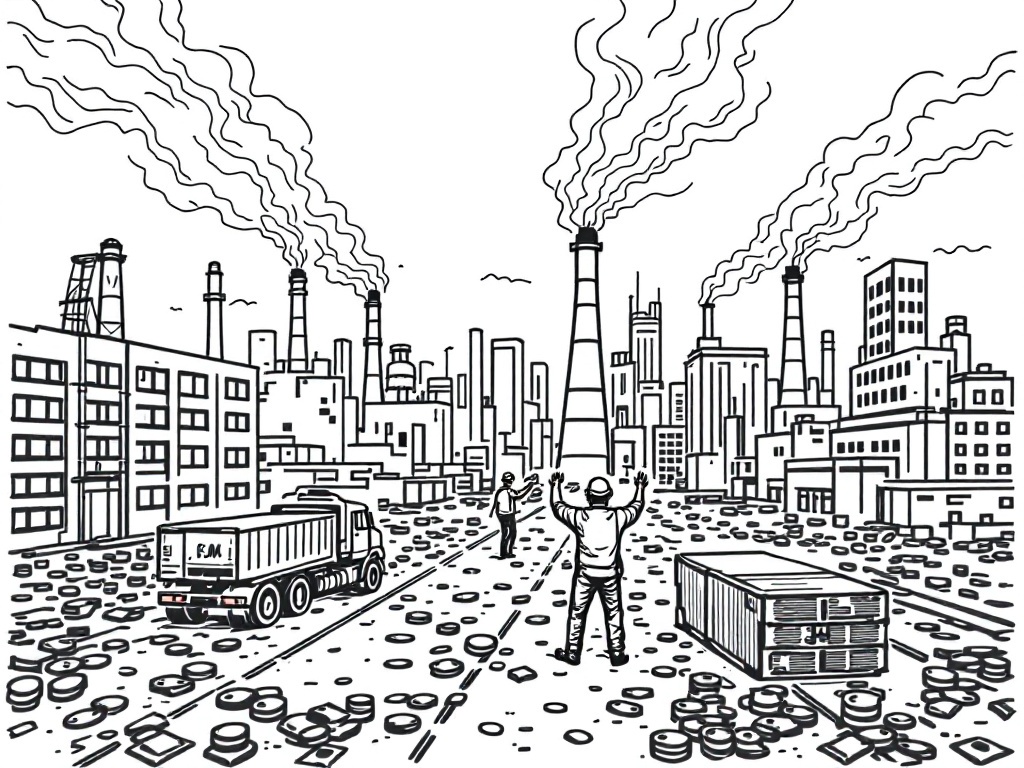Trump Tariffs Ignite Factory Closures and Worker Protests in China

China, Wednesday, 30 April 2025.
Chinese factory closures and unpaid wages spark protests amid steep U.S. tariffs, threatening millions of jobs across key sectors like communication equipment and apparel.
Economic Impact of Tariffs on Chinese Factories
The tariffs imposed by the United States have resulted in significant economic disruption across Chinese factories, particularly affecting industries like communication equipment and apparel. Analysts from Goldman Sachs estimate that at least 16 million jobs in China could be jeopardized due to these tariffs [1]. Since the start of 2025, factories such as Shangda Electronics in Suining city have failed to pay wages or social security benefits, exacerbating the economic struggles faced by factory workers [1].
Workers’ Protests and Government Reactions
In response to unpaid wages and job losses, Chinese workers have taken to the streets in various cities, including Suining and Dao county, demanding financial redress and support from their employers [1]. Protests intensified as workers expressed frustration over the lack of compensation and inadequate support during factory closures. Ji Feng, a Beijing-based activist, highlighted that companies often resort to borrowing money to pay overdue wages due to government pressure [1].
Strategic Responses to Tariff Challenges
Chinese manufacturers have creatively addressed the tariff challenges by leveraging social media platforms like TikTok to engage directly with international consumers. This strategy not only serves as a protest against the tariffs but also as a marketing approach to sustain business operations amid rising production costs [2]. Factories are transforming production lines into content studios, appealing to consumers by offering ‘direct from factory’ content, thereby bypassing traditional retail pathways [2].
Broader Economic and Political Context
The economic tension reflects a broader geopolitical standoff, with President Donald Trump’s administration maintaining a 145% tariff on Chinese imports as of February 2025 [3]. China has retaliated with its own tariffs, contributing to a protracted trade war that has disrupted global markets [3]. These developments have spurred nationalist sentiments within China, with President Xi Jinping rallying national support against what is perceived as an economic attack [3].